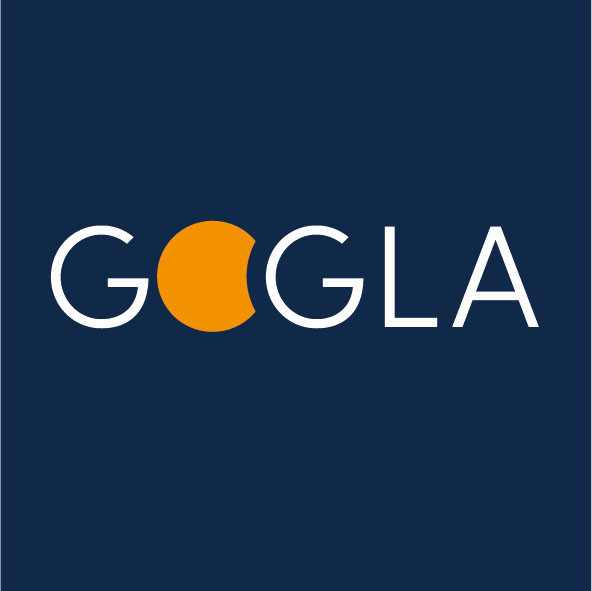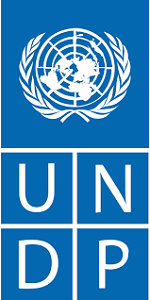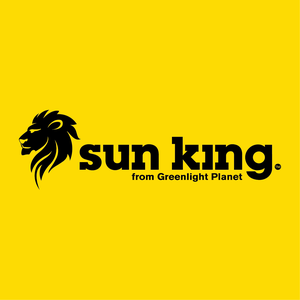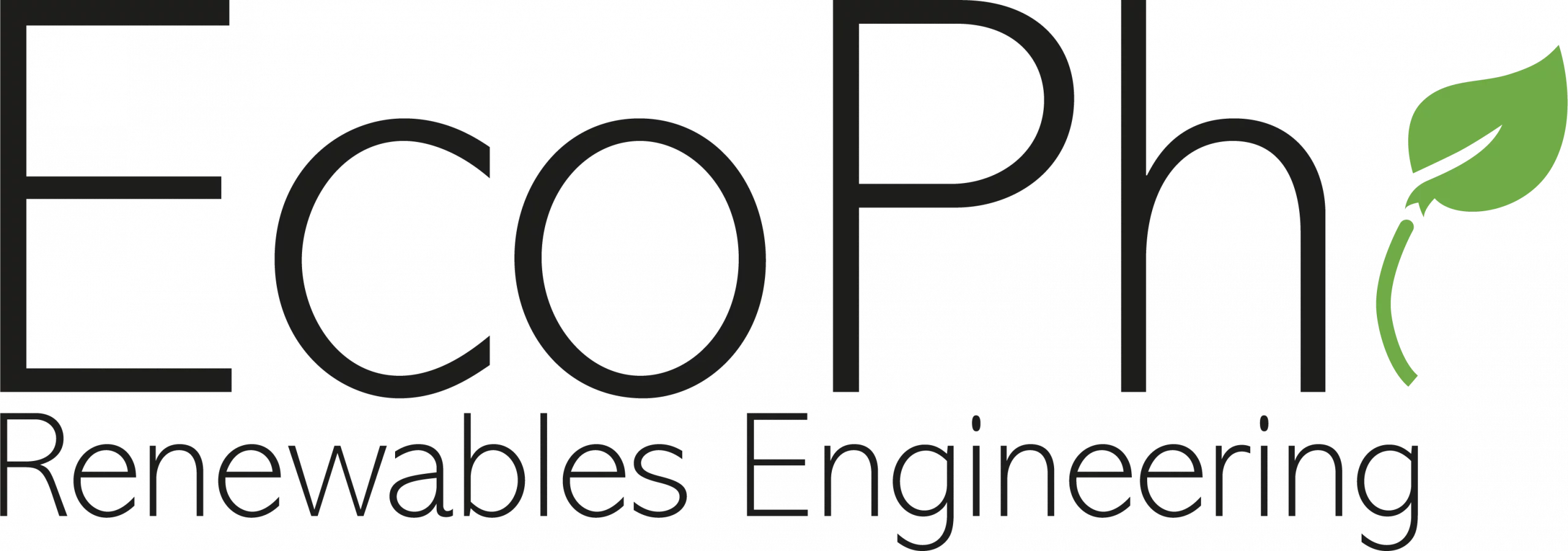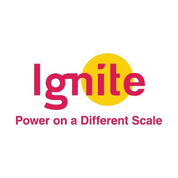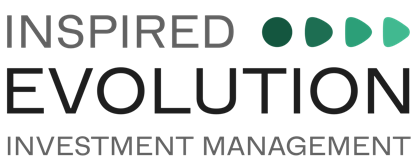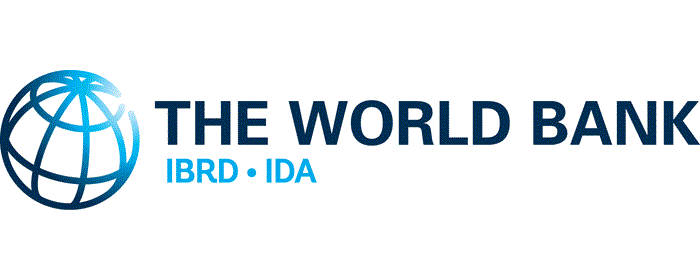3 August 2023: “If it weren’t for the mobile clinic, my son would never have the opportunity to receive postnatal care and vaccinations,” says Karmoi, a resident of northern Kenya. Most of the locals are nomadic herders who depend solely on livestock for their livelihoods. Due to limited resources and the remote nature of their residence, fixed medical institutions are often situated far away from the herders. As a result, many children have never been vaccinated since birth, and many women are unable to access timely pre-pregnancy and post-partum medical check-ups.
However, the advent of mobile clinics has Addressed the predicament. Deqa Mohamed, Wajir East Sub County Health Coordinator, shed light on the features of the mobile clinic, which boasts a team of medical personnel and is stocked with a wide array of medical supplies as well as nutritious food. It is also fully loaded with vaccines and anti-malarial drugs to facilitate prompt immunization of age-appropriate children. To date, the mobile clinic has been deployed in the southern and eastern regions of Wajir. (Source of information: https://www.gavi.org/vaccineswork/great-relief-us-mobile-clinics-reach-nomadic-families-kenyas-northern-wajir-county)
Mohammed also emphasized that, “It is time for countries to embrace the idea of mobile clinics as a means to reach those who cannot travel to healthcare facilities for medical attention.”
In response to problems such as inadequate vaccination for children, untimely routine medical checkups for pregnant women and children in remote areas, and deficiencies in water supply stations and healthcare inoculation facilities, Haier Biomedical has developed solar-powered mobile clinics that occupy a small footprint and can overcome geographic constraints and reach remote mountainous regions, pastoral areas, communities, schools, and other locations to provide comprehensive medical services with high economic efficiency. These mobile clinics can also quickly respond and be deployed in the case of unforeseen circumstances.
The solar mobile clinic is designed with solar direct-drive refrigerators, which ensures the preservation of vaccines at the required temperature of 2°C to 8°C for 7 days, even in the absence of external power sources. This clinic can also be customized according to specific user needs, and configured with a variety of equipment, all pre-set and installed within the clinics, which ensure that the mobile clinics are catered to meet the unique requirements of the targeted healthcare setting. At the same time, the solar mobile clinic is equipped with several cabinets for storage of inoculation swabs, disposable needles, and other medical items. It can also come equipped with UV disinfection and sterilization equipment alongside simple surgical beds, which facilitate simple surgical treatments and delivery assistance. Furthermore, it features independent monitoring and control systems for each operation area, realizing real-time supervision and inspection during inoculation, diagnosis, and treatment. In addition, it is capable of regulating temperature and humidity, which ensures that the clinic’s temperature and humidity can be maintained within the optimal range (18°C to 26°C and 30% to 70%) for sample preservation and testing. Compared to traditional refrigerators, the adoption of an integrated air conditioning unit, which combines refrigeration function and purification function at medical standards, eliminates the need for excessive piping laying, which effectively reduces safety hazards.
The launch of the solar mobile clinic program is Haier Biomedical’s latest endeavor in their commitment to “life-first” and quality growth. The solar mobile clinic will not only provides an organized and compliant solution for the promotion of global healthcare accessibility, but also assist local health departments in implementing preventive vaccinations children’s preventive vaccinations and routine medical checkups for pregnant women and children, as well as provide healthcare access for people in remote areas, ultimately contributing to a better quality of life.






